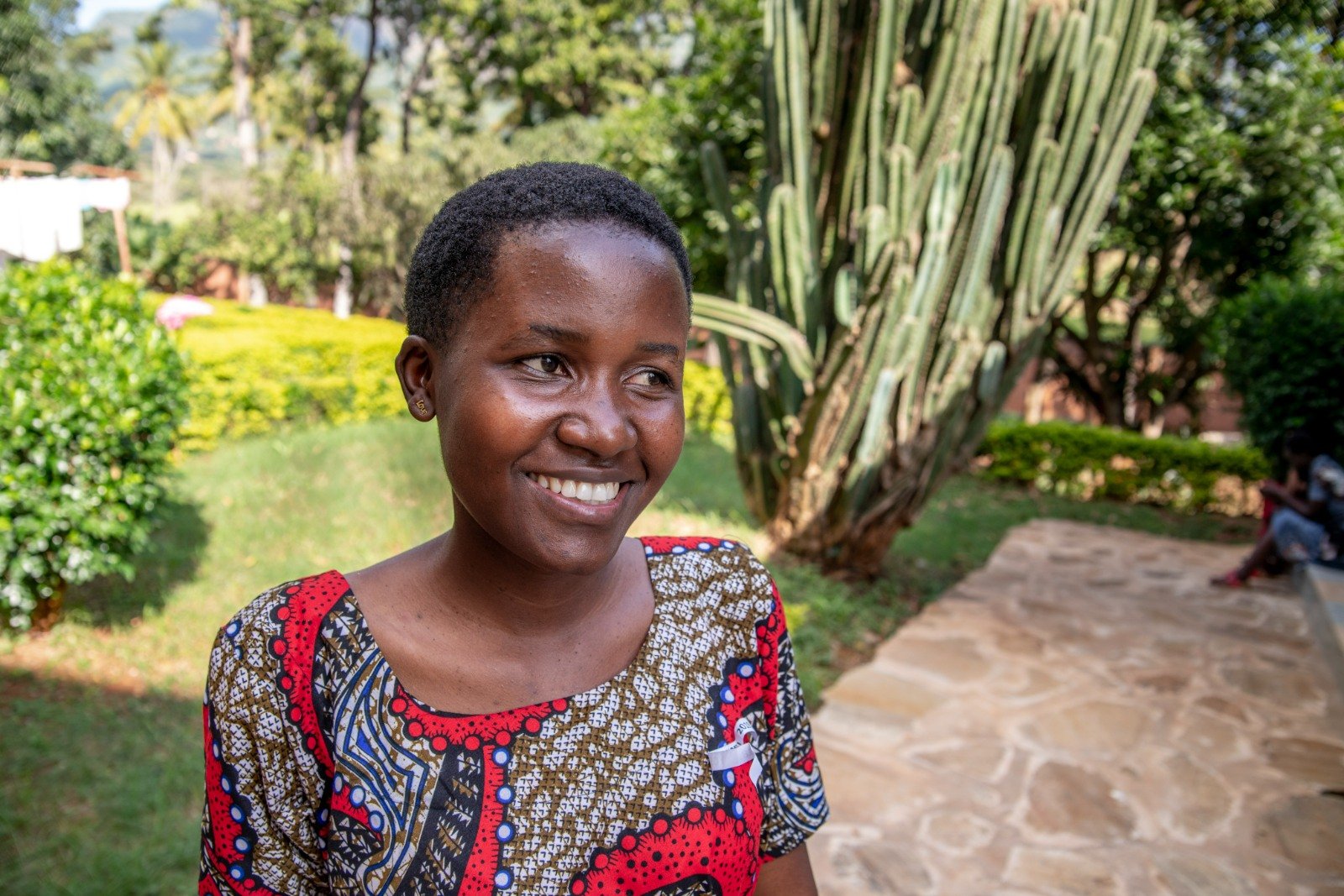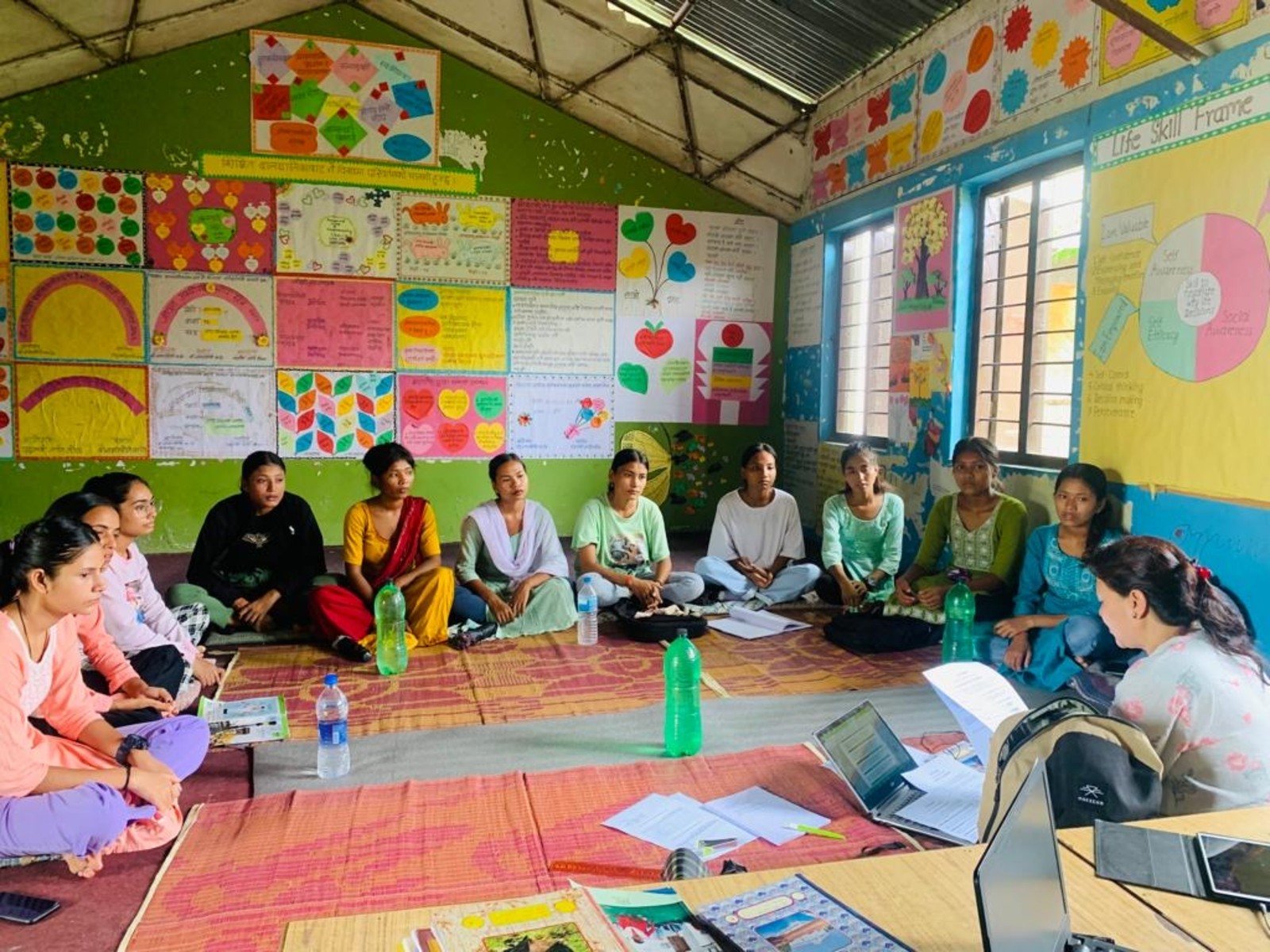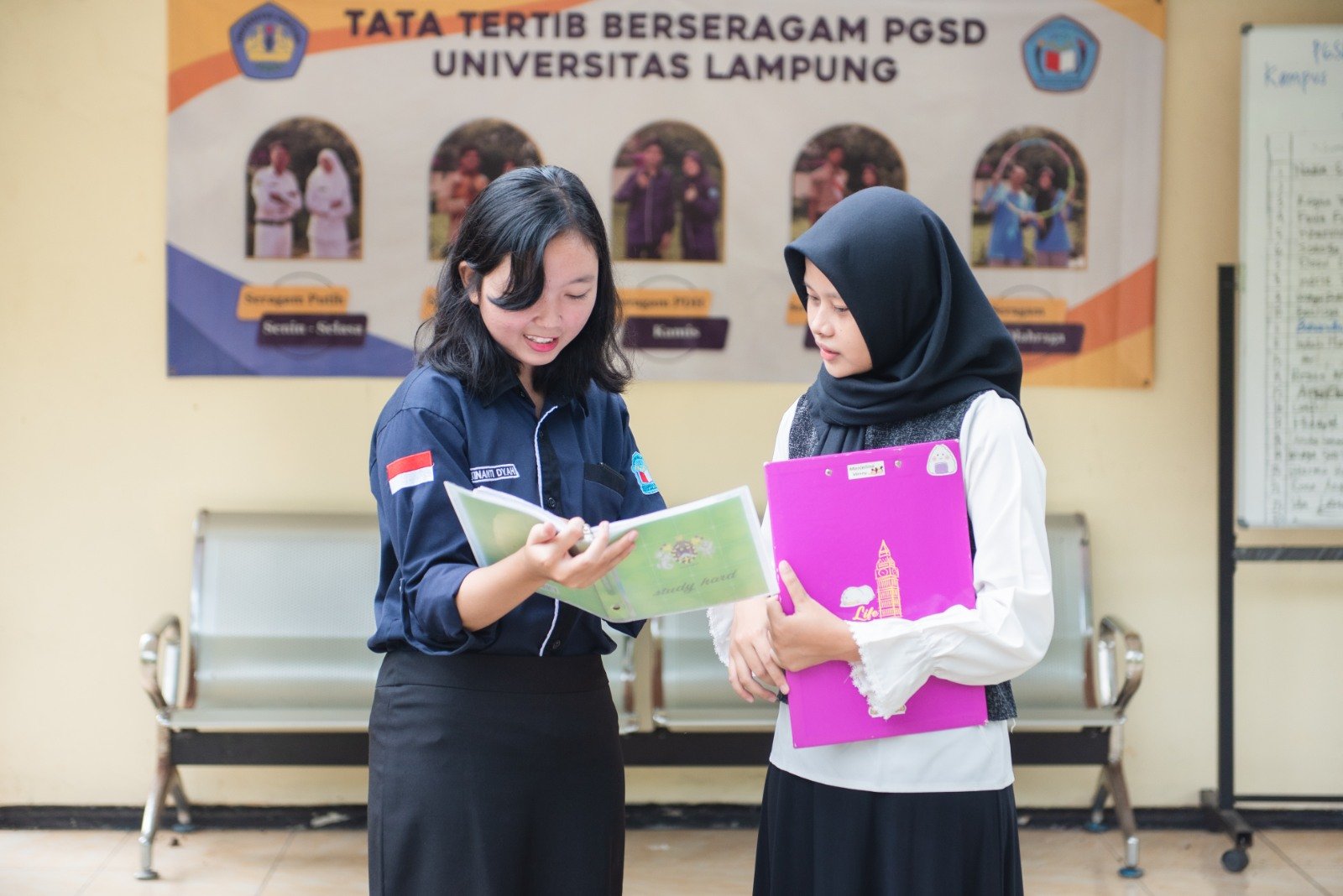Vietnam 🇻🇳
While Vietnam has made encouraging progress at helping young women to enroll in university, there is a large urban-rural divide. In rural areas of Vietnam, men matriculate to university at twice the rate of women.
U-GO Scholars: 737
While Vietnam has made encouraging progress at helping young women to enroll in university, there is a large urban-rural divide. In rural areas of Vietnam, men matriculate to university at twice the rate of women. The women who do attend university are often from wealthier and urban families who have enjoyed the advantages of attending well-run primary and secondary schools, and who have been raised by educated parents. Across the country, women also lag behind men in crucial study fields like STEM.
U-GO partners with The Relay Fund, VietSeeds, and Saigon Children’s Charity to reach deserving young women across the country with the promise of a quality education and path to a better future. Across all three partners, U-GO has funded 734 scholarships to talented Vietnamese women.
Meet the Scholars
The Philippines 🇵🇭
Though government funded university education is widely available to qualified women in the Philippines, systemic barriers for the most marginalized women prevent them from fully accessing the benefits. Many young women who qualify for university do not attend as they cannot afford lodging, transportation, computers and books, thus perpetuating the cycle of poverty.
U-GO Scholars: 752
Though government funded university education is widely available to qualified women in the Philippines, systemic barriers for the most marginalized women prevent them from fully accessing the benefits. Many young women who qualify for university do not attend as they cannot afford lodging, transportation, computers and books, thus perpetuating the cycle of poverty. This is especially true for young women from rural areas, informal settlements and often-marginalized indigenous groups. They face challenges that include lack of funding for dormitories, transportation and food, inadequate infrastructure, and having attended sub-par schools prior to university.
U-GO partners with the Ayala Foundation. The foundation has built out a new division that targets funding for poor and rural women, particularly in high demand fields like health care, STEM and teaching. To date, we have jointly awarded 752 fully-funded scholarships.
Tanzania 🇹🇿
In Tanzania, only 16% of women complete upper secondary school, which is the minimum level of education required to qualify for university. Of that small number, fewer than 1 in 20 are able to then matriculate to university.
U-GO Scholars: 334
In Tanzania, only 16% of women complete upper secondary school, which is the minimum level of education required to qualify for university. Of that small number, fewer than 1 in 20 are able to then matriculate to university. For so many marginalized young women, the dream of university is nearly impossible due to numerous challenges that include cultural barriers, early marriage, teenage pregnancy, family poverty and a tendency to favor the awarding of limited opportunities to young men.
U-GO partners with SEGA (Secondary Education for Girls Advancement), a boarding school for primary and secondary young women. Together, we provide a crucial pipeline of financial resources to help them pursue better futures through education. In the first two years of the partnership, 178 talented young women have been able to attend university, including some of the most prestigious in Africa.
Pakistan 🇵🇰
Although women’s education has been a right since 1976, Pakistan’s very low women’s enrollment rate in tertiary education is only 12% – half the average of Southeast Asian countries.
U-GO Scholars: 334
Although women’s education has been a right since 1976, Pakistan’s very low women’s enrollment rate in tertiary education is only 12% – half the average of Southeast Asian countries. Pakistan ranks 142nd out of 146 countries in the Global Gender Gap Report for 2023. Extremely low university matriculation rates for eligible women are a large contributing factor.
U-GO works with Developments in Literacy, an education non-profit with a 27 year history, to provide a pipeline for advancement for qualified young women from low-income backgrounds. Thus far, U-GO and DIL have provided 344 scholarships to women with high academic potential, deep financial need, and great motivation.
Nepal 🇳🇵
In Nepal, only 27% of women complete upper secondary school, which is the minimum level of education required to qualify for university. Of that small number, fewer than 1 in 5 are able to move onwards to university study.
U-GO Scholars: 234
In Nepal, only 27% of women complete upper secondary school, which is the minimum level of education required to qualify for university. And of that small number, fewer than 1 in 5 are able to move onwards to university study. Cultural barriers, early marriage, teenage pregnancy and rampant poverty continue to affect girls' access to higher education. While these numbers are shocking, the situation is even worse for those who have lost the lottery of life to be born into disrespected castes. There are dismally-low enrollment rates for Dalit (1%) and Madhesi (4%) communities compared to about 70% in higher caste Brahmin and Chhetri communities. Such vast differences also exist based upon the randomness of where one is born – a young woman from an urban environment is significantly more likely to attend university than one from a rural area.
With a team led by Room to Read co-founder Dinesh Shrestha, U-GO Nepal is providing crucial financial scholarships and mentorship support to marginalized young women. Over its first two years, U-GO Nepal has awarded 234 scholarships to aspiring doctors, engineers, teachers, entrepreneurs, among many other pursuits.
Meet the Scholars
India 🇮🇳
Young women in India who desire to pursue university education face numerous challenges. While lack of income is the most obvious, there are also issues of gender-based violence and harassment, inadequate sanitation facilities, language barriers, discrimination against “lower” castes, and long transport times to university campuses.
U-GO Scholars: 932
Young women in India who desire to pursue university education face numerous challenges. While lack of income is the most obvious, there are also issues of gender-based violence and harassment, inadequate sanitation facilities, language barriers, discrimination against “lower” castes, and long transport times to university campuses. Women from Hindu upper castes have double the number of graduates of all other castes and communities combined. Even when young women who are “outsiders” gain university admissions, the dropout rates can be as high as 20% per year due to discrimination and lack of mentorship.
U-GO works with The Milaan Foundation and Buddy4Study to break down barriers making the opportunity for advancement open to all motivated and academically achieving women, providing financial scholarships and on-going mentorship through the duration of their schooling. To date, 932 scholarships have been funded.
Meet the Scholars
Cambodia 🇰🇭
Almost three-quarters of the Cambodian population live on less than $7 a day, making university education out of reach for many. This is especially true in rural areas, where 90% of low-income Cambodians reside.
U-GO Scholars: 177
Almost three-quarters of the Cambodian population live on less than $7 a day, making university education out of reach for many. This is especially true in rural areas, where 90% of low-income Cambodians reside. Based upon these low incomes and massive wealth inequality, Cambodia ranks 127 out of 145 countries for female university enrollment.
U-GO aims to break this cycle by working with three Cambodian partners: the Indochina Starfish Foundation, Room to Read and The Coral Tree Foundation. U-GO is providing a lifeline for talented young women to escape the cycle of poverty through education. To date 177 talented young women now have the opportunity to pursue their education.
Meet the Scholars
Bangladesh 🇧🇩
Almost three-quarters of the Bangladeshi population live on less than $5.50 a day. University education is therefore unaffordable for most families, and those who can afford it prioritize their sons. As a result, only 16% of women attend university, less than half the rate for men.
U-GO Scholars: 541
Almost three-quarters of the Bangladeshi population live on less than $5.50 a day. University education is therefore unaffordable for most families, and those who can afford it prioritize their sons. As a result, only 16% of women attend university, less than half the rate for men. Even when government universities offer free tuition, young women face challenges in affording transportation and lodging (especially if they come from rural areas), books, uniforms and food. Through our partnership with the Jaago Foundation, U-GO has provided support for 541 talented young women to pursue their university degree and the prospect of a promising career.
Indonesia 🇮🇩
In Indonesia, men are twice as likely as women to attend university. These numbers are exacerbated in poor and rural areas dispersed amongst hundreds of populated islands across thousands of miles, where traditional gender roles persist and prevent millions from achieving their dreams.
U-GO Scholars: 478
In Indonesia, men are twice as likely as women to attend university. These numbers are exacerbated in poor and rural areas dispersed amongst hundreds of populated islands that stretch across thousands of miles, where traditional gender roles persist and prevent millions from achieving their dreams.
U-GO’s partnership with Inotek Foundation offers mentorship, life skills classes and entrepreneurship opportunities to the most disadvantaged, including many who lost parents during the recent pandemic.
To date, we have awarded 478 fully funded scholarships across many fields of study and across this vast country.
































